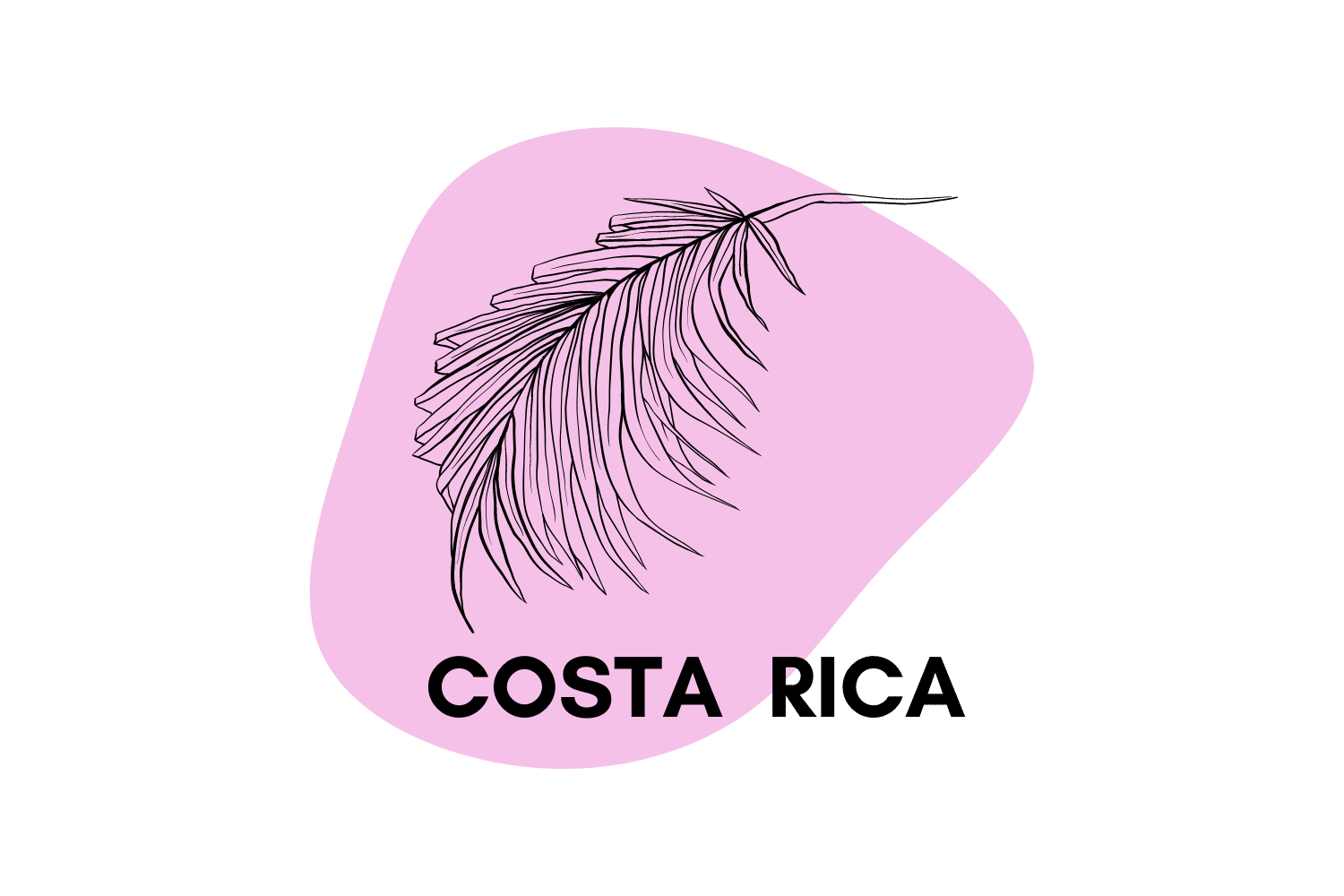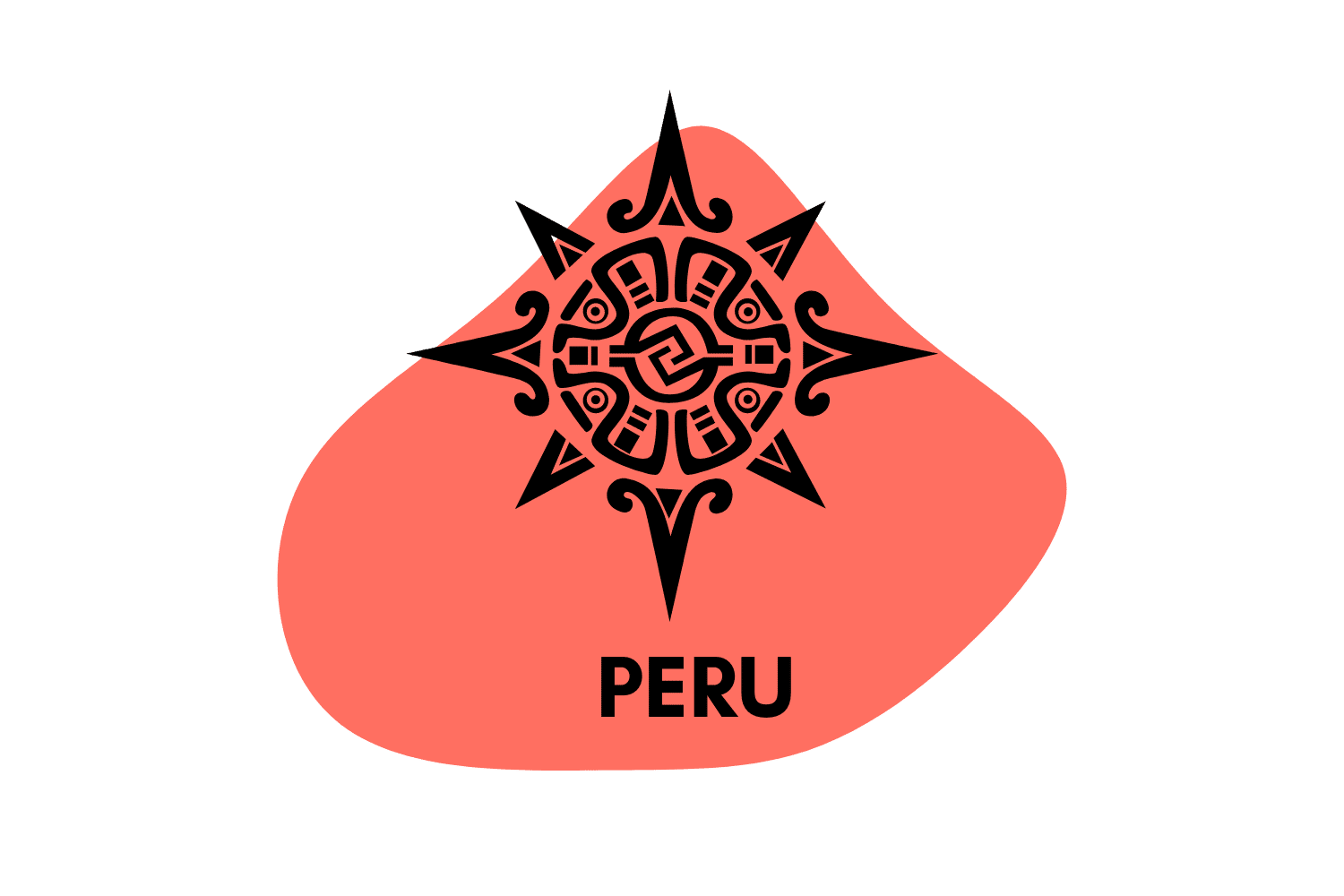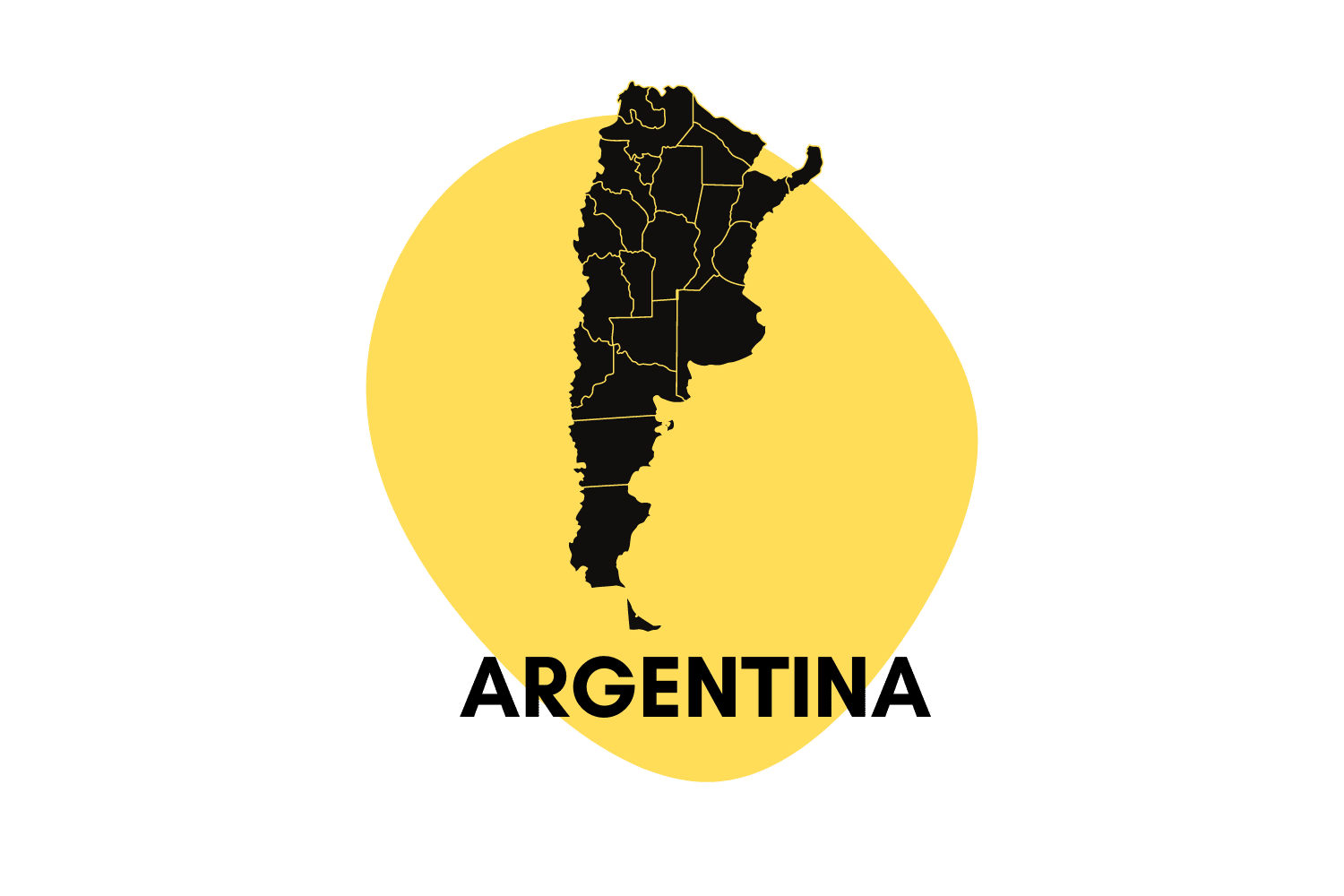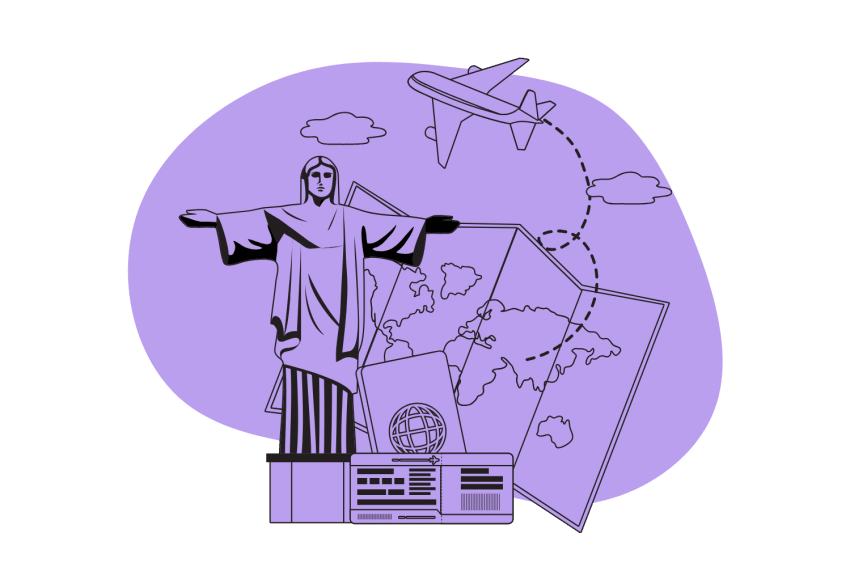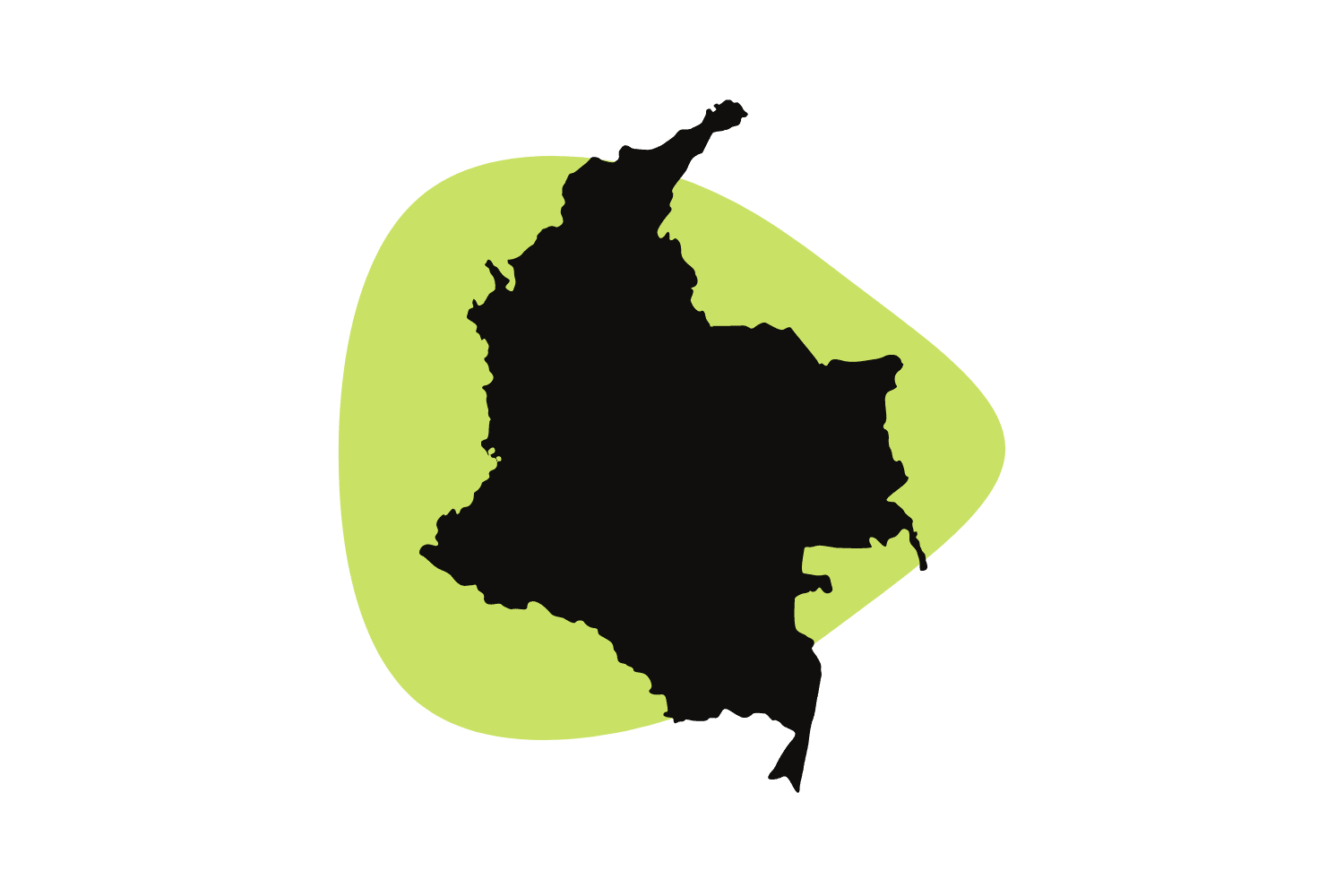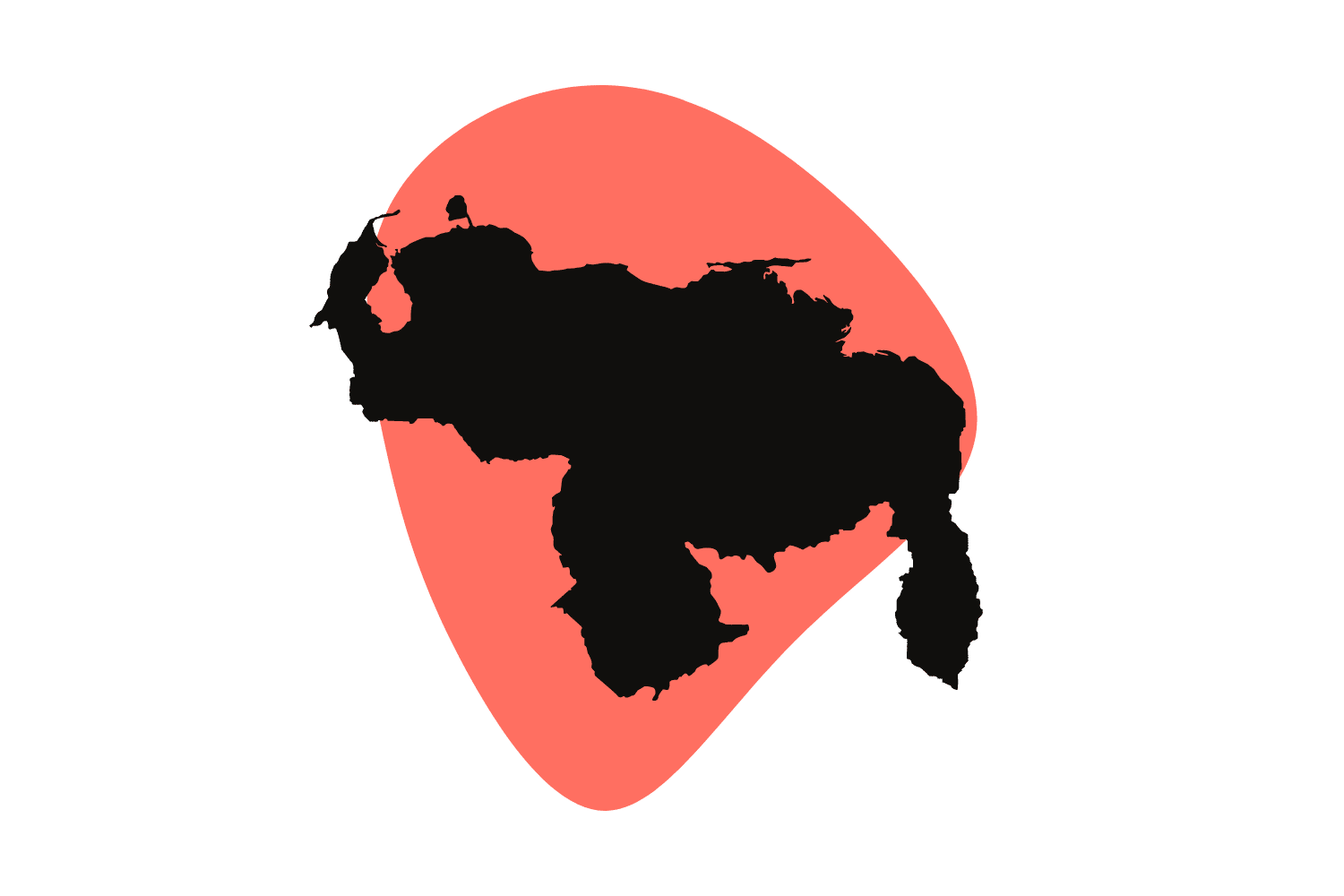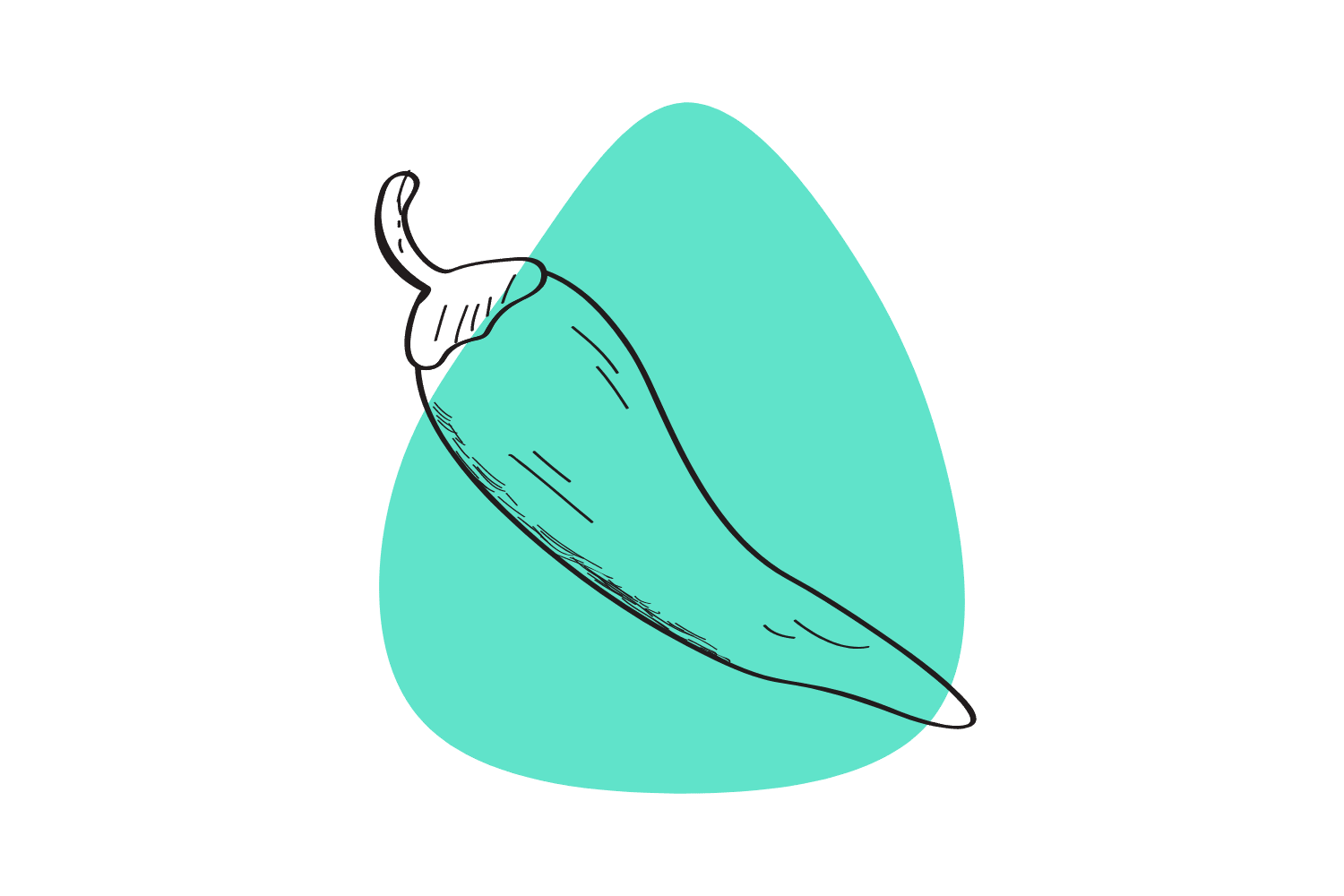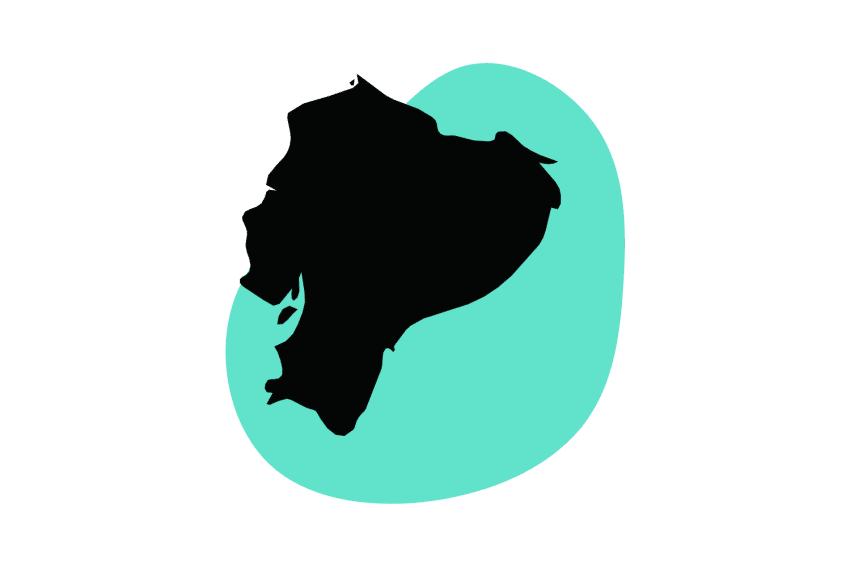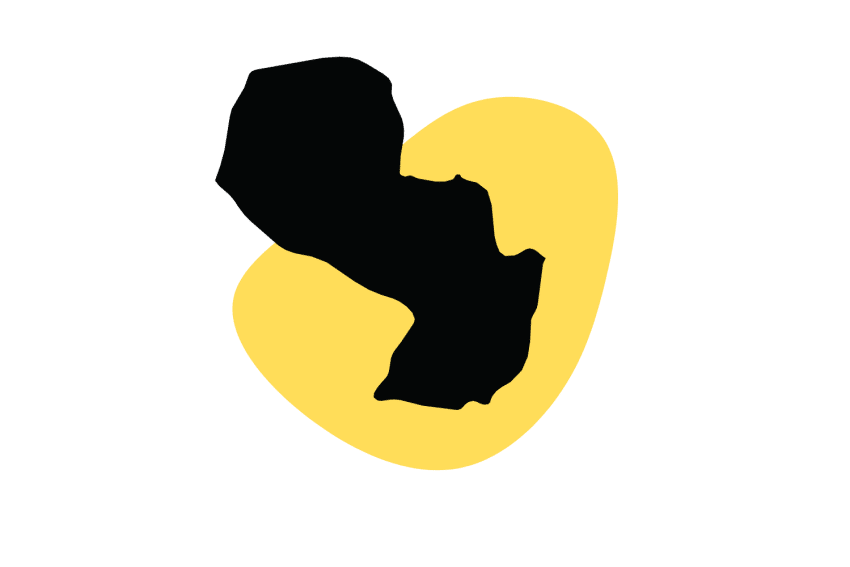Are Psychedelics Legal in Guatemala?
It is considered illegal to use or possess any drugs in Guatemala other than cigarettes and alcohol.
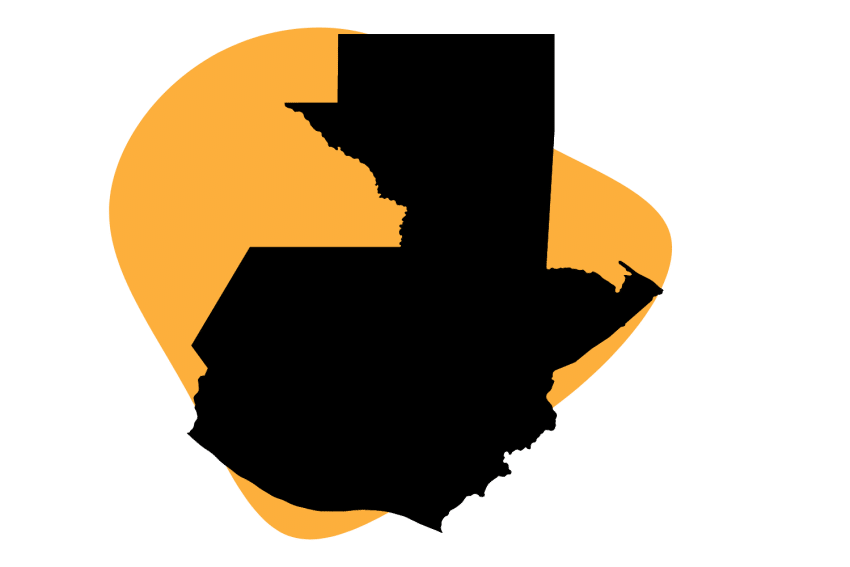
Bordered by Mexico, Belize, Honduras, and El Salvador, Guatemala is a Central American country whose native peoples have a long history of hallucinogenic mushroom use.
But are magic mushrooms actually legal in Guatemala? And what about other types of psychedelics, such as DMT and LSD?
In this brief but informative article, we’ll dive into these questions and offer straightforward answers.
Summary of Psychedelic Drug Laws in Guatemala
- The “Law Against Drug Activity” states that psychedelics of all kinds, as well as cannabis, cocaine, MDMA, and indeed all “substances or pharmacological agents that, once introduced into the body of a living person, modify their physiological functions and transform their state of consciousness” are illegal.
- The only two substances exempt from the above law are tobacco and alcohol, which are governed by their own separate legislation.
- The penalties and jail time to which violators of this law may be subject are determined by the type of the drug as well as the quantity found. Prison sentences range from a minimum of four months to a maximum of 30.
- Under Guatemalan Law, the term “drug” is extended to include the raw materials used in production, like, for example, marijuana seeds.
- The law does not establish drug-specific limits in order to draw a distinction between possession for personal use and trafficking, which can cause legal confusion. This determination is usually taken by the judge in every individual case.
Are Magic Mushrooms Legal in Guatemala?
No. Magic mushrooms are likely illegal in Guatemala, but the laws leave some room for interpretation.
Psilocybin-containing mushrooms are not specifically addressed in Guatemalan law, and there is no official government policy on their use or possession.
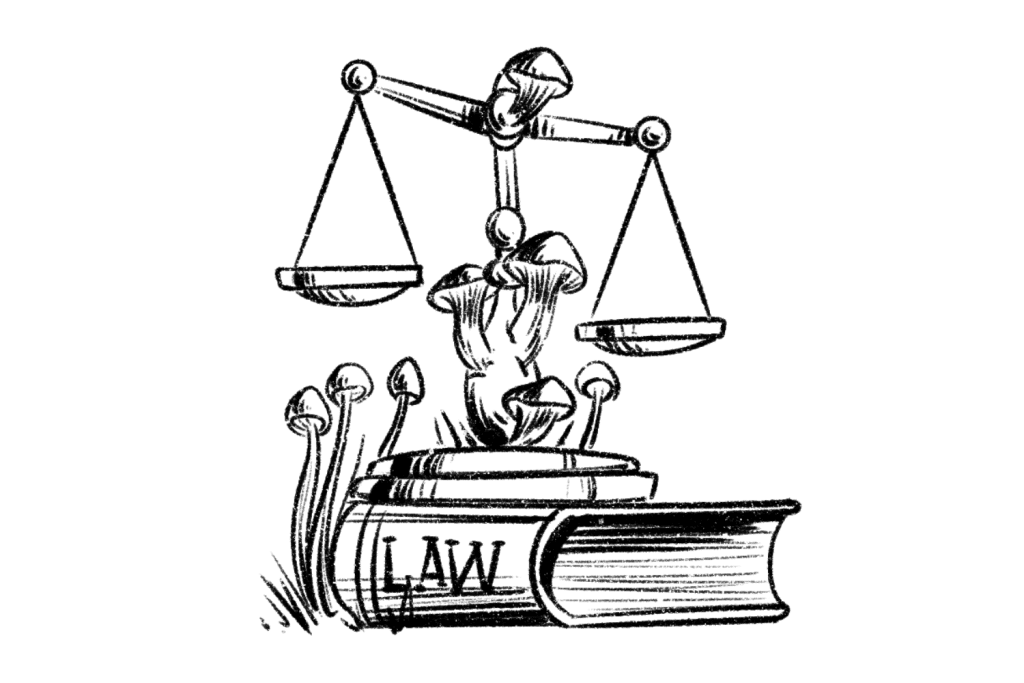
However, psilocybin is listed as a controlled substance, and some laws prohibit the possession of such substances without a valid prescription or license.
Is LSD Legal in Guatemala?
LSD (lysergic acid diethylamide) is highly illegal in Guatemala. It’s explicitly listed on the country’s list of prohibited substances. Penalties for possession of LSD can include various fines and imprisonment (up to 20 years maximum).
Is DMT Legal in Guatemala?
DMT (dimethyltryptamine) is technically illegal in Guatemala. However, ayahuasca retreats are common here and don’t appear to be resulting in any trouble for psychotourists or retreat center owners.
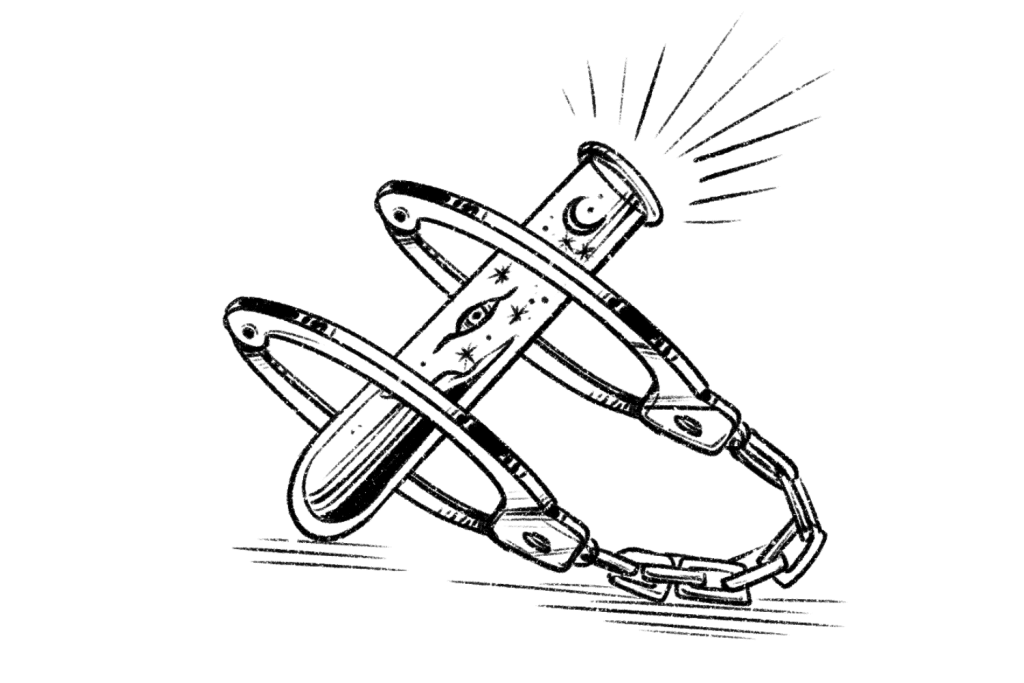
Is MDMA Legal in Guatemala?
MDMA is illegal in Guatemala, along with all other amphetamines, unless administered via a doctor’s prescription.
Many countries worldwide are relaxing the laws around MDMA and integrating it with the medical system — however, Guatemala has taken no steps that would suggest this change is coming anytime soon.
Is Cannabis Legal in Guatemala?
Cannabis remains illegal in Guatemala. There are no defined possession limits either, so any amount of marijuana could result in fines or jail sentences. The specific penalties appear to change on a case-by-case basis.
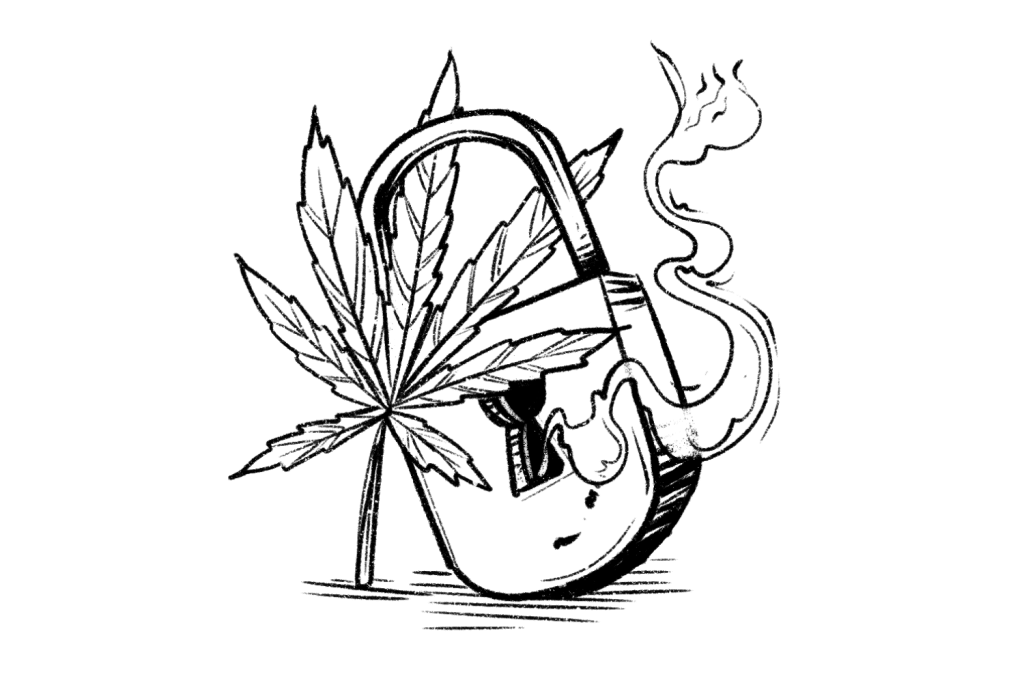
Examining Illegal Drug Use in Guatemala
In Guatemala, even though prohibitionist stances towards drugs remain dominant, some shreds of pro-drug reform momentum have been slowly building up.
For example, in October 2013, the Guatemalan Congress greenlighted the creation of a new organization to assist in the crafting of drug policy, the National Commission on Drug Policy Reform.
However, meaningful legislative action is still yet to come, which is somewhat contradictory because Guatemala, like other countries with conservative drug policies, is actually, at the international level, a big advocate for drug policy reform.
A big reason for this apparently contradictory stance is the reality of drug-related violence in Guatemala.
Countries with high levels of drug-related violence desperately wish to see a paradigm shift in how the international community handles the drug problem, but they are often reluctant to implement meaningful domestic changes if there are no guarantees that other countries, especially the United States, will follow suit.
Why is this? Well, because the violence would not be ameliorated if only Guatemala switched to a policy of drug legalization. In order to see a real shift in the situation, it is necessary to deny drug trafficking organizations the vast, lucrative markets located in developed nations, and this can only happen through the widespread legalization and commercialization of drugs.

